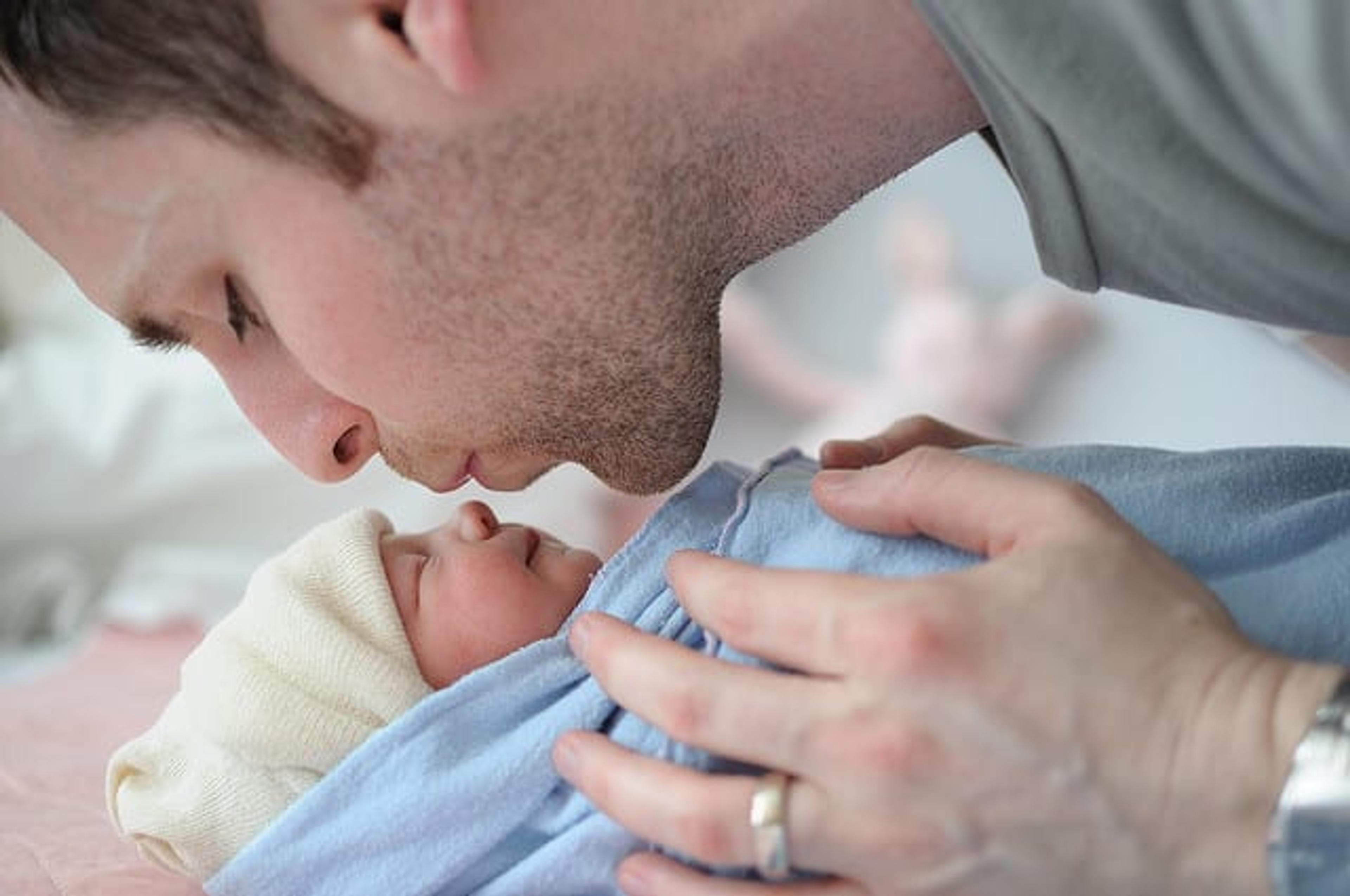Postpartum depression: It’s not just for women
| 2 min read

Postpartum depression has mainly been thought of as a condition only new moms can experience. But according to a new study published in the journal Pediatrics, women aren’t the only ones who could suffer from it. The research shows that men who become fathers at a young age – typically around the age of 25 – see a 68 percent increase in depression symptoms over the first five years of being dads.
According to the Journal of the American Medical Association, one in seven U.S. dads are at risk for Paternal Postnatal Depression (PPND). But because men are traditionally less likely to ask for help then women, symptoms of male postpartum depression often go unrecognized and fail to be addressed. PPND is not easy to spot, but typical symptoms include irritability, fatigue, lack of sleep and feelings of sadness and worthlessness.
Karen Kleiman, founder and director of the Postpartum Stress Center and author of This Wasn’t What I Expected: Overcoming Postpartum Depression, notes in a recent article that the “having a baby will change everything” cliché is very true. While most people are aware that their lives are going to be different after having a baby, Kleiman points out that it’s easy to find yourself overwhelmed during the transition. And that dissonance between your expectation of parenthood and the reality of it can often contribute to postpartum depression–no matter your sex.
As with all mental illnesses, the important thing to do if you are worried that you or a loved one has postpartum depression is talk about it and seek help from a licensed health professional. Without treatment, postpartum mood disorders can often worsen and cause long-term consequences, so it’s important to address the problem when it occurs.
Photo credit: Daniel Genesee





